
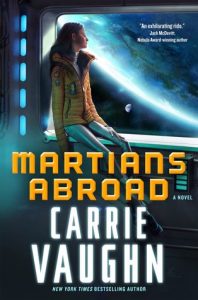 Title: Martians Abroad by Carrie Vaughn
Title: Martians Abroad by Carrie Vaughn Published by Tor Books
Published: January 17th 2017
Genres: Science Fiction
Pages: 288
Format: eBook
Source: Netgalley
Goodreads
Carrie Vaughn’s Martians Abroad reads like a science fictional school story in which two Martian-human kids are sent to Earth to a prestigious school and things go amok. It’s a well-written, yet straightforwardly simple story following Polly’s mishaps as she attempts to integrate into Earth’s way of things at this boarding school. A set of orchestrated, predictable events prove Polly’s worth to herself, her mother, and the other students as she risks her life to save a handful of the other students. While I was expecting more depth as it was marketed as an “adult” science fiction novel, I think this is a great introduction to science fiction for the younger YA set and a great bridge from children’s fiction to “older” science fiction. The story reads easily, doesn’t feature sex or explicit language, and the violence is on par with most violence found in books marketed to the middle grade and young adult crowd.A great new stand-alone science fiction novel from the author of the Kitty Norville series.
Polly Newton has one single-minded dream, to be a starship pilot and travel the galaxy. Her mother, the director of the Mars Colony, derails Polly's plans when she sends Polly and her genius twin brother, Charles, to Galileo Academy on Earth—the one planet Polly has no desire to visit. Ever.
Homesick and cut off from her desired future, Polly cannot seem to fit into the constraints of life on Earth, unlike Charles, who deftly maneuvers around people and sees through their behavior to their true motives. Strange, unexplained, dangerous coincidences centered on their high-profile classmates begin piling up. Charles may be right—there's more going on than would appear, and the stakes are high. With the help of Charles, Polly is determined to find the truth, no matter the cost.
Thank you to Netgalley and Tor Books for a review copy!
 Title: Invaders: 22 Tales from the Outer Limits of Literature by Jacob Weisman
Title: Invaders: 22 Tales from the Outer Limits of Literature by Jacob Weisman Published by Tachyon Publications
Published: July 12th 2016
Genres: Science Fiction
Pages: 384
Format: eBook
Source: Netgalley
Goodreads
Invaders is a collection of stories written by “literary” writers exploring the concept of invasion in science fictional settings. While some of the stories didn’t grab my attention (and that can probably be attributed to timing and my state of mind more than anything else), it’s a solid effort to show that writers bleed through genre lines more often that we realize. I did, however, really enjoy the following stories: “Portal” – J. Robert Lennon, “The Inner City” – Karen Heuler, “Topics in Advanced Rocketry” – Chris Tarry, “A Precursor of the Cinema” – Steven Millhauser, “Monstros” – Junot Díaz, and “Near-Flesh” – Katherine Dunn. These explore the weirdness of human psyche and will linger in my mind for a long time.
Thanks to Netgalley and Tachyon Pub for a review copy!
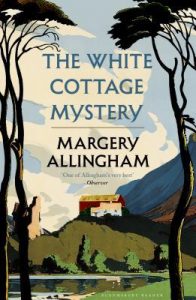 Title: The White Cottage Mystery by Margery Allingham
Title: The White Cottage Mystery by Margery Allingham Published by Bloomsbury Paperbacks
Published: January 24th 2017
Genres: Mystery
Pages: 176
Format: eBook
Source: Netgalley
Goodreads
The White Cottage Mystery, initially published in 1927, is a straightforward, classic mystery following the murder of a man who lives in a white cottage. The characterizations are simple, the story is simple, but the writing compels one to keep reading to figure out what happened. It’s shorter than I expected, and I finished it in a sitting and a half. While I was reading it, I was hoping for more depth in characterization, but it’s a solid, traditional mystery with all of those conventional twists, turns, and red herrings. Margery Allingham is part of those writers from the Golden Age of mystery writers and is one to whom Agatha Christie admired. If you’re a fan of Christie’s mysteries, you may be interested in this one!
Thanks to Netgalley and Bloomsbury for a review copy!

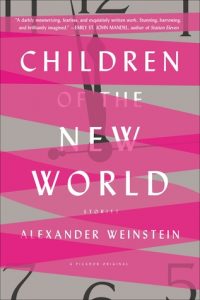 Title:
Title: 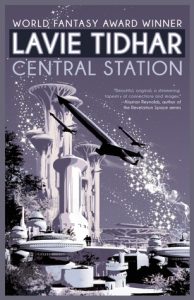 Title:
Title: 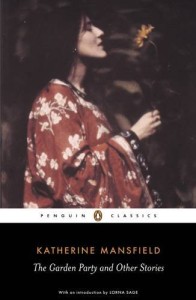 Title:
Title: 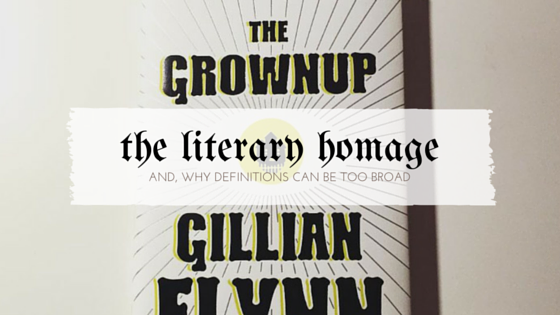
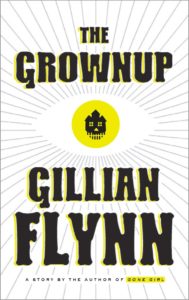 Title:
Title: